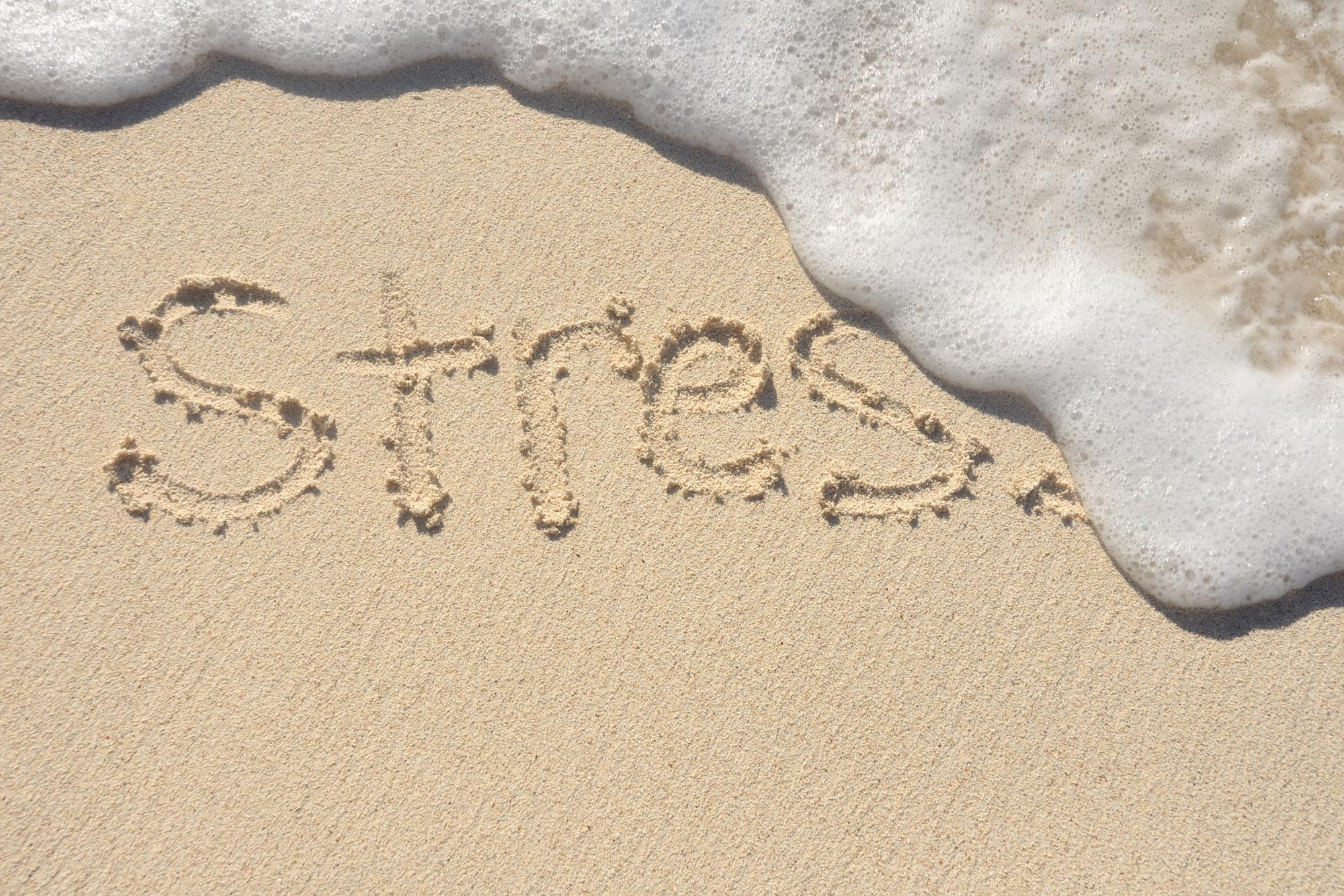Stress is a normal part of life, both personally and professionally. You can’t always control the stressors you’re faced with, but you can usually control how you respond to them. Let’s take a look at the most common responses to stress.
Common Responses to Stress
We typically respond to stress in one of three ways. Do any of these sound familiar?
1) Survival response to stress. A survival response to stress triggers our natural fight-flight-freeze instincts. We may argue (fight). We may procrastinate (flight). Or we may avoid the stressor entirely (freeze).
2) Emotional response to stress. An emotional response to stress may come out in obvious ways, such as in anger or excitement. An emotional response may also be internalized and cause sadness or anxiety.
3) Critical thinking response to stress. When we respond to stress with critical thinking, we use problem-solving skills to think through the possible outcomes caused by the stressor. We weigh the pros and cons and consider how our response affects others.
Responses to stress can be affected by the severity of the stress and the context that surrounds the stress. You may have a controlled critical-thinking response to one particular stressor, and go into complete survival mode when faced with something different. When you recognize your responses to stress, you’ll be better able to apply critical thinking to stressful situations.
Managing Stress as Leader
As a leader, you may experience work-related stress that can sometimes feel overwhelming. When stress goes unchecked, the consequences can be severe. Your health may decline, you may find it hard to concentrate, and your effectiveness as a leader may decline. So how can you effectively manage stress? It starts with self-care.
Self-care is a series of behaviors that improves your daily productivity and overall functioning through wellness. Working toward wellness is a multi-faceted and ongoing effort that includes taking care of your physical health, mental health, and emotional health. Here’s what you can do:
- Improve you physical health by engaging in activities that are good for you and avoiding habits that are bad for you.
- Improve your mental health by nurturing your personal relationships and stimulating your mind through creativity and lifelong learning.
- Improve your emotional health by attending to your feelings and establishing peace and balance in your life.
Your overall wellness is directly related to your effectiveness as a leader. When you focus on self-care to improve your physical, mental, and emotional wellness, you can better handle stress in all aspects of your life.
Taking Care of Yourself as a Leader
In our online training module Taking Care of Yourself as a Leader, leaders learn self-care strategies that are broken down into three parts: physical wellness, mental wellness, and emotional wellness. Leaders can choose the strategies that they can best incorporate into their daily lives, helping them live more balanced lives.





